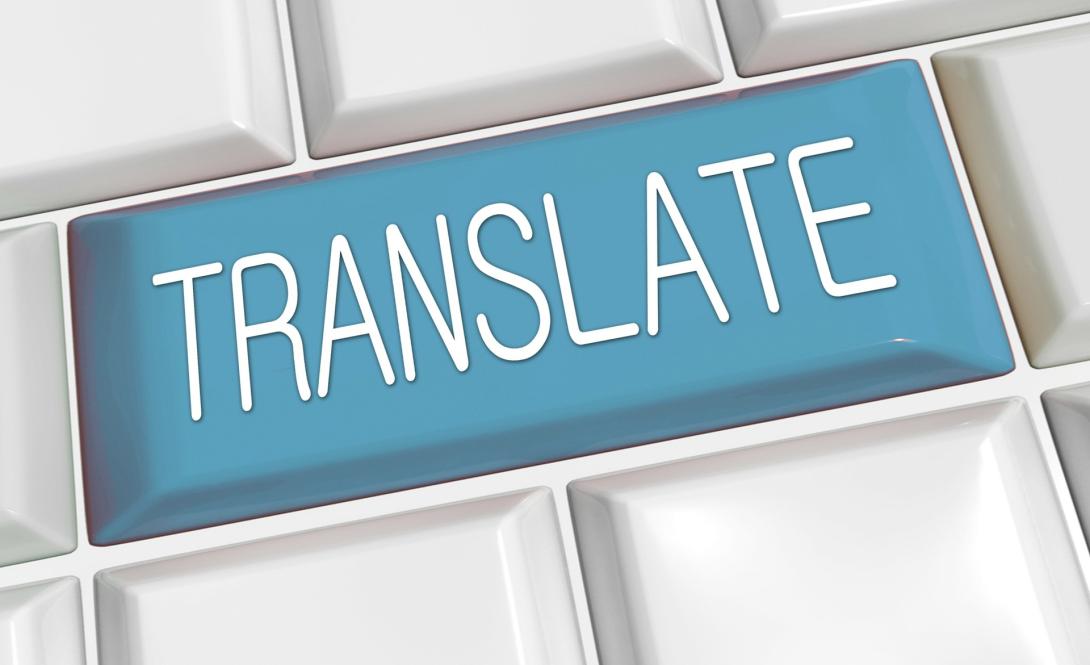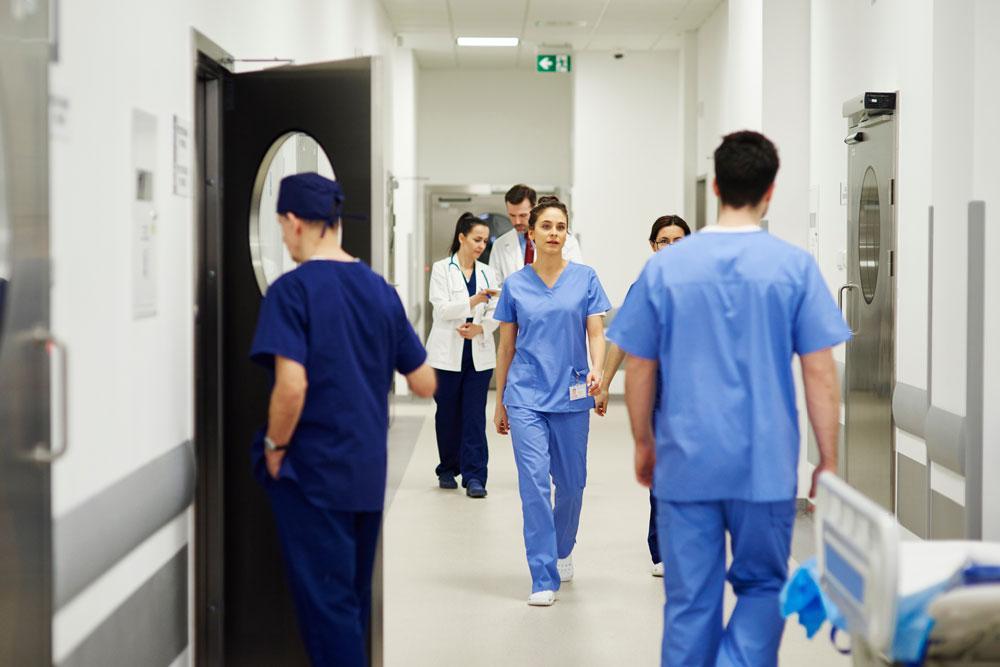Alan White explains why translation technology needs to be uppermost in the thoughts of decision makers in the healthcare sector and how effective translation can be vital in ensuring medical information is accessible to all, regardless of language
The healthcare sector, perhaps more than any other, must ensure that translated material is of the highest quality – and there’s no margin for error.
Miscommunication, misunderstanding or misdirection because of poorly translated materials can have severe consequences, including misdiagnosis or malpractice. The result could be legal action or worse, a compromise to quality of care and even endangerment to human life.
With around £2.1 billion to be invested in IT, technology and digitising the NHS, it’s imperative that translation companies are not only experts in medical translations, but that they keep up with the pace of digital transformation, so that when healthcare companies need to produce content in multiple languages, streamlined workflows exist that make translation a quick and easy process.
Addressing digital change
The Covid-19 pandemic demonstrated the value of digital technology; it spurred a demand for digital transformation, particularly in the area of diagnosis and a need for surveillance and other solutions, such as telemedicine, to tend to patient needs.
With the potential of key technologies, such as artificial intelligence and wearable tech, having significant potential to shape the future of care, this will bring further demand for translation companies to provide effective solutions for translating content in different formats and platforms.
Over the last two years, translation services have played a key role in supporting healthcare companies across the globe; from support for clinical trials and regulatory submissions to producing multilingual marketing content and interpretation at global pharma conferences.
Accurate translations are essential for the healthcare industry to ensure that digital tools, marketing materials, research and development, and much more are accessible to as many people as possible, whatever language they speak.
Solutions for a changed world
In a bid to save costs and time, as well as striving to reduce the impact on the environment, services such as multilingual remote conferencing and interpreting platforms have seen an increase in demand over the last two years.
These facilitate virtual interpreting booths, accessed remotely by organisers and participants around the world. Users are allocated a qualified linguist who not only translates in whatever language they select as their preferred choice, but who is highly experienced in the healthcare sector, so they can translate even the most complex of sector terminology in real-time.
In another illustration of the ways methods of communication are changing, The Translation People recently supported a company that has developed a clinical trials app, where patients can receive instructions and record their own results digitally and remotely. The app is available in multiple languages and allows data to be recorded quickly and efficiently, whatever the user’s language.
The pandemic has changed the world, not least from a digital technology standpoint. Therefore, to continue to serve the healthcare industry as we move forward, translation providers must adapt to new ways of producing digital content, interfacing with different systems and platforms to ensure that translations can be published in the most efficient way possible.
Future translation trends
Given the global expansion of the medical industry, medical translation is a key component for success on the international stage. Much of the work we do supports the progression of new medicines in different countries through regulatory approval and marketing.
We’re seeing easier communication, accuracy and speed through translation services.
Technology is also developing at a rapid pace in the translation world. The advances in machine translation, for example, will prove invaluable in terms of improving turnaround times and reducing costs, especially with the development of enterprise-level machine translation engines, which offer higher levels of quality and advanced security settings.
In addition, translation memory tools securely store preferred terminology and completed translations in secure, client-specific databases. This allows linguists to draw on a bank of previous work and phrases, which can then be reused where applicable on future assignments, allowing clients to benefit from reduced costs and increased consistency.
However, medical language is complex and cannot be processed accurately by machines alone, or by non-qualified translators, for that matter. There are other factors to consider, too: translating an app, for example, requires additional specialist skills, knowledge and expertise. Specific translation technology is needed to prevent code disruption and software translators require an understanding of the language used in software strings.
Having a service that works with a variety of different file types, such as .xml, .xlf and .json, and has integration tools that dovetail with many content management systems achieves a certain level of efficiency; but such tools must also be armed with human expertise to manage the most complex of translations.
In particular, translators with highly specialist knowledge of the healthcare sector are required to ensure they are translating items such as medical conditions, scientific terminology and medical procedures with accuracy. Marketing content will also require input from translators with a creative touch to ensure the translations are compelling and achieve the desired impact with the target audience. As such, any investment into digital translation technology in the healthcare industry – which centres on human interaction – should be made with the reassurance that a personal insight and expertise sits at its core.
More companies are using AI-powered translation concepts such as multilingual chatbots, while the prospect of virtual events being held in the metaverse is fast becoming a reality. By their very nature, these virtual reality settings could be accessed by anyone from around the world, thus requiring some form of multilingual communication.
At The Translation People, we teamed up with digital therapeutics platform, Xploro, to translate an app that empowers child cancer patients with information about their treatment, to help thousands of young people with the disease around the world.
The platform uses artificial intelligence, augmented reality and gaming to teach young cancer patients about their condition, enabling them to ‘meet’ the people who’ll be treating them and ask questions about their treatment to minimise anxiety about the disease and make receiving care a more comfortable experience, whatever their language.
Innovations in medical technology are of global relevance, and to make sure that they are safe and accessible to all, language, technology and communication must go hand-in-hand as we continue to make progress in a post-pandemic world.
Alan White is business development director at The Translation People.





